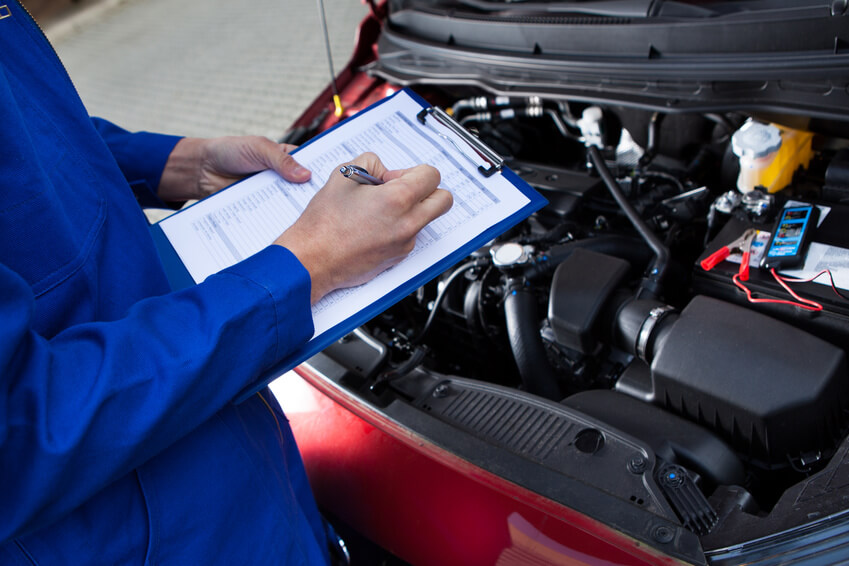
- Home
- >
- News
- >
- Industry Trends
- >
- View Details
The Importance of Car Manufacturer's Auto Parts Inspecting
28-09-2023
Automotive Quality Control
Quality control in the automotive industry is not only critical to ensuring reliability, but it also helps reduce costs. Investing in quality products may seem to cost your business more when cheaper alternatives are readily available, but compare this to the potential future costs of recalls and accident compensation, which are expensive and dangerous for both drivers and manufacturers. Targeted and specific independent quality control inspections can identify and resolve any issues before the product is sold to manufacturers and consumers by ensuring that all automotive parts meet basic industry standards.
In the automotive industry, quality control is a lengthy process, whether it's bringing a new model to market or ensuring that every vehicle built throughout the production cycle meets the highest standards. Prototype models are built and tested to identify any mechanical problems or issues that need improvement or change. Once the prototype has been inspected, the design will go into production and quality control will continue on each vehicle. Once the build is complete, each vehicle will be inspected and tested for any further issues such as fluid or air leaks, mechanical problems, and to ensure that the vehicle has been accurately assembled.
Vehicle Parts Inspection
Automotive parts Inspections will be performed to look for any problems, as even the smallest defects can be the root cause of an accident or costly recall. For an efficient and long-lasting engine, a visual inspection of the cylinder head and block is performed, focusing on the oil holes, oil lines and cooling passages. Next, the brake system is the most important safety component of the vehicle, with master cylinders, calipers, discs and fluids requiring visual inspection during the manufacturing process.
To improve safety and availability and reduce the risk of recalls, it is critical to ensure the quality of the automotive components used in these areas.
It is critical that all parts used in the assembly process meet the required quality standards. As mentioned above, engine and brake system components are particularly important engine components, but the list continues to include vehicle interiors and exteriors, powertrain components, brake accessories, steering systems, wheel systems, chassis components, body components, travel accessories, a full range of electrical instrumentation accessories, any specific modifications such as tempered body and glass, security systems, integrated accessories, audio and video equipment, chemical care maintenance equipment and power tools, can all be visually inspected and checked against drawings and specifications.
Pre-shipment inspection is essential if any problems can be identified and eliminated, thus saving time and allowing the production line to fix any errors before the consumer receives the shipment. The main areas that should be noted during this phase are:
● Product requirements - matching the prototype to the drawings and customer specifications
● Materials and construction - ensure quality materials are used and tested
● Weight and dimensions - check the customer's list; weigh and measure the material correctly, which usually requires accuracy to a fraction of a millimeter
● Color - color requirements are verified against mass-produced samples and approved using Pantone color swatches
● Functionality - check equipment functionality to ensure proper operation
● Marking and labeling - accurate labeling is required to ensure consistency during certification lab or field inspections.
In order to reduce the risk of any part non-compliance, there is a need for oversight during production, allowing the supplier to analyze any issues and make relevant adjustments.
The Importance of Automotive Inspections
We are all familiar with the many automotive recalls of the past few years. Some were because the vehicles were unsafe, others because they did not meet standards and local emissions requirements, and still others were due to problems with the manufacturing process. Whatever the cause, the cost is not limited to fixing the problem, but also includes the cost of decreased sales due to the reputational impact. If many automakers can prove that the problem was with the faulty part, they will try to recover some of the cost from the parts supplier. Therefore, it is critical that every automotive parts supplier ensure that their quality assurance processes meet the highest possible standards.
Get the latest price? We'll respond as soon as possible(within 12 hours)

